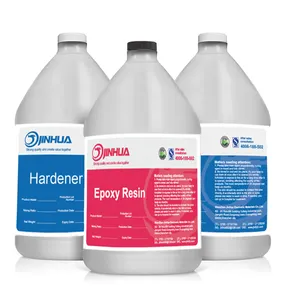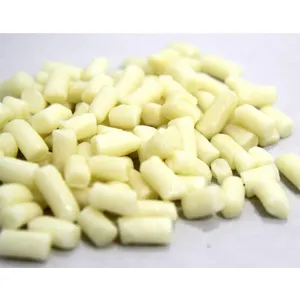Popular in your industry

































































Related Searches:














































































































Top categories
About biogas desulfurizer and dehydrator
Introduction to Biogas Desulfurization and Dehydration
Biogas, a renewable energy source, is increasingly recognized for its role in energy conservation and sustainability. Central to its utilization are processes like desulfurization and dehydration, which are essential for converting raw biogas into a usable form. The biogas desulfurizer and dehydrator category encompasses a range of equipment designed to purify biogas by removing contaminants such as hydrogen sulfide and moisture, which can corrode combustion engines and pipelines.
Understanding Biogas Purification
The purification of biogas is a critical step in its use as a renewable energy source. The process involves two key stages: desulfurization, which removes hydrogen sulfide, and dehydration, which extracts moisture. This treatment is crucial for protecting equipment and ensuring efficient energy production. The biogas purification system is engineered to handle varying levels of contaminants, adapting to different biogas production scenarios.
Types and Applications of Desulfurizers and Dehydrators
There are various types of biogas cleaning equipment tailored to specific applications. From small-scale farm use to large industrial applications, these systems are designed to enhance biogas quality for uses such as cooking fuel, electricity generation, and vehicle fuel after upgrading to bio-methane. The adaptability of biogas treatment systems allows for their application in diverse environments, contributing to a circular economy.
Features and Materials of Biogas Desulfurizers and Dehydrators
The construction of biogas desulfurizers and dehydrators involves materials resistant to the corrosive nature of biogas contaminants. Stainless steel components are common, ensuring longevity and consistent performance. Features may include automated control systems for optimal purification levels, ensuring the biogas is consistently treated to meet energy production standards.
Advantages of Biogas Desulfurization and Dehydration
Utilizing biogas conditioning equipment offers numerous advantages. By removing impurities, the lifespan of energy conversion systems is extended, and maintenance costs are reduced. Moreover, treated biogas is a cleaner burning fuel, which helps in reducing emissions and supporting environmental conservation efforts. The use of biogas refining technology also promotes the use of a waste-derived energy source, adding value to organic waste through its transformation into energy.
Environmental Impact and Sustainability
The role of biogas desulfurizer and dehydrator systems in environmental sustainability is significant. By facilitating the use of biogas, these systems help in reducing reliance on fossil fuels and minimizing deforestation. The clean energy produced contributes to a reduction in greenhouse gas emissions, aligning with global efforts to combat climate change. Furthermore, the by-products of biogas purification can be repurposed as fertilizers, enhancing soil quality without the use of chemicals.



























































